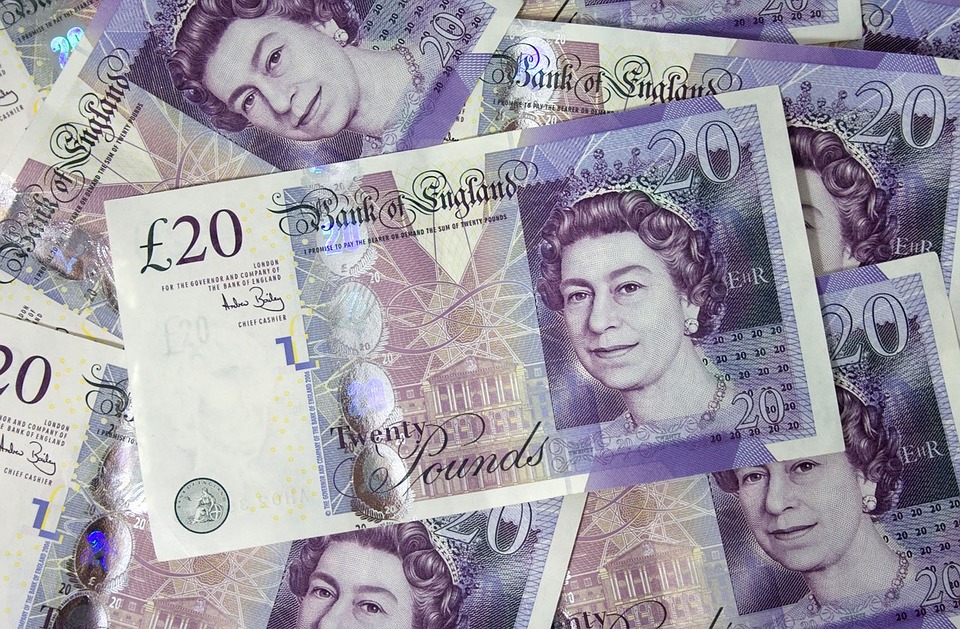Digital payments are taking hold in the U.K., but on the other side of the equation, the systems that support cash are starting to erode. One woman believes the situation could lead to dangerous consequences if left to go too far — and it’s almost gone too far.
“We are at that tipping point where our cash infrastructure in Britain feels pretty vulnerable,” Natalie Ceeney, chair of Access to Cash Review, an independent report that looks at the need for cash across the U.K., said at ATMIA Europe in Rome Tuesday.
Funded by Link, the largest ATM operator in the country, the full report, published in March, has served as a wake up call to the country. As for Ceeney, it has sent her on a mission to warn others of the potential dark side of a cashless economy.
Cash use in rapid decline
A decade ago, cash accounted for about 60% of all the transactions in Britain. That number fell to about 28% last year, Ceeney told the crowd.
“We do believe that in 10 to 15 years time, we will be down to around 10%, which is slightly lower than where Sweden is right now,” she said.
Sweden is on the vanguard of digital payments, although some believe the country has gone too far in its move toward cashlessness. The main criticism being, if an enemy were to take control of the country’s digital payments system, they could destroy its economy in one fell swoop.
“The Swedish central bank told us, ‘We’ve gotten to the point where our cash infrastructure is gone, and cash is not viable,'” Ceeney said.
In addition to researching the Nordic countries — areas of the world that have embraced digital payments to a larger extent — Ceeney and her team also looked at China, where cash use is also extremely low.
The U.K. is entering uncharted territory, she cautioned. There aren’t many economies that serve as good examples of what happens when a country’s cash infrastructure disappears. Ceeney believes a cashless society risks marginalizing those who need cash the most.
Some have no choice
In her talk, Ceeney shared other findings in the report. While half of the U.K. would be really comfortable living with a cashless society, she said, 50% wouldn’t. Some of that can be attributed to choice, but about one in five people in the U.K. don’t have a choice. They are dependent on cash, for several reasons.
One reason being, there are still large parts of Britain that don’t have the digital infrastructure to support cashless payments. Ceeney herself said that while she works in London, she actually lives in a “little village” an hour outside of the city.
“We don’t have a mobile signal,” she said adding that many of the shops in her village take cash because mobile payment options simply don’t work.
Also digital payments don’t meet everyone’s needs, she said. It may meet the needs of people in the city and those who are physically able, but a person who relies on someone else to do their shopping, may find it easier to hand over a 20 pound note ($25) than the keys to their entire savings account in the form of a contactless card.
But by far the biggest reason why some people rely cash in the U.K. is because they are struggling to make ends meet, living on low incomes.
Another fact she shared: U.K. residents who survive on an income of less than $10,000 pounds ($13,000) a year are 14 times more likely to be dependent on cash than those with an income of more than 30,000 ($38,000) pounds a year.
“There is a good reason why debt charities say, cut up your cards,” she said. “If you only have 50 euros ($55) to last through the week, the safest way of budgeting is to just keep that in cash. You can limit the loss, you can’t get overdrawn and you can budget effectively.”
Unexpected reasons for relying on cash
The study uncovered other, unexpected reasons why some people depend on cash. A victim of an abusive spouse might have their bank account controlled. Keeping a small amount of cash on hand is a way of staying independent, Ceeney said.
Someone dealing with a mental health issue might be worried about living in a purely digital economy, because if you are ill, you could suddenly blow through all your savings and wake up one day with nothing left. Digital does not offer the proper controls for everyone.
Ceeney went on to outline steps the U.K. needs to take to keep cash alive in the country. Those include guaranteeing access to cash by putting the proper legislation in place, ensuring that shops continue to accept cash, developing an affordable cash infrastructure and other measures.
Cash is a hot topic in the U.K. It brings up issues of social inclusion and raises debates, Ceeny said, underscoring the urgency of the situation.
“We need to act now; otherwise, we will leave millions of people behind in the name of progress,” she said.
Categories: ATMs Banking Cashless Society Payments Retail







